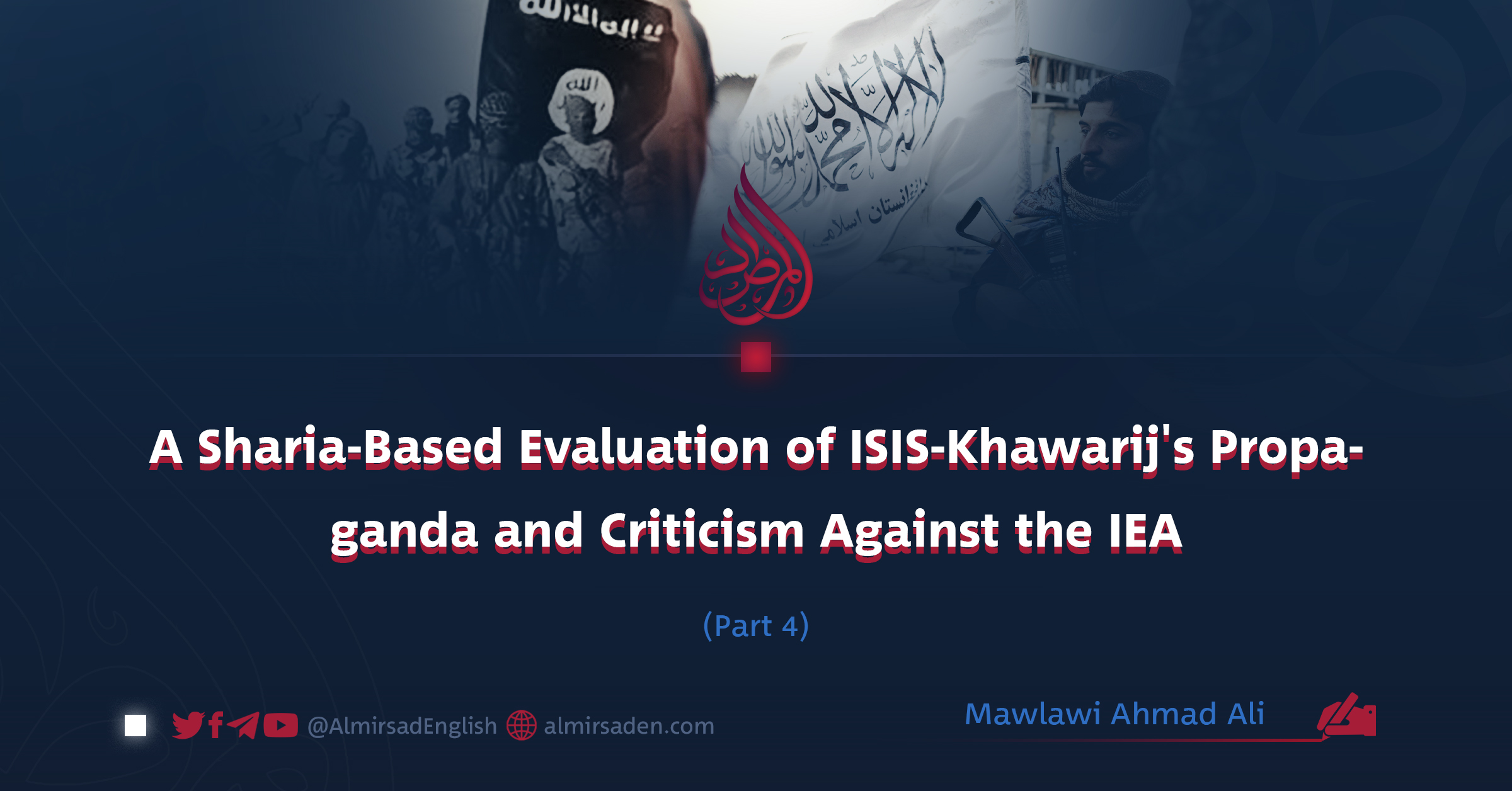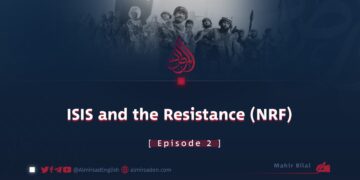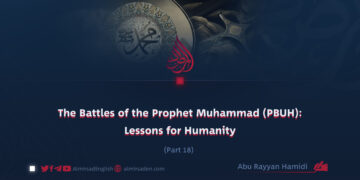Part 4
Written by: Mawlawi Ahmad Ali
Islam is a social system of life, and within the guidance of Shariah, it permits various types of relationships with non-believers. The Prophet (peace be upon him) also aided non-believers against other disbelievers; for example, he supported the Khuza’a tribe against the Quraysh.
Similarly, for the benefit and strengthening of Islam, he sought assistance from non-believers, and there are numerous examples of this in the Seerah of the Prophet (peace be upon him). Some of these examples are outlined below:
1. One of the primary purposes of the Prophet’s journey to Ta’if was to seek refuge and support from the disbelievers living there. However, they declined to assist, caused him significant harm, and inflicted injuries upon him.
2. On his way back, the Prophet (peace be upon him) was trapped at the foot of Mount Hira. He sent a message to Al-Akhnas ibn Sharif of the Khuza’a tribe requesting refuge, but Akhnas apologized and declined.
3. He then sought refuge from Sahl ibn Amr, who also declined.
4. Subsequently, a message was sent to Mut’im ibn ‘Adi, who granted the request. Mut’im gathered his sons and tribe members, instructed them to position themselves armed at the corners of the Ka’bah, and declared, “I have provided protection to Muhammad (peace be upon him).” Mut’im then informed the Prophet (peace be upon him) that he could enter Makkah under this protection along with Zayd ibn Ḥāritha.
The Prophet (peace be upon him) remembered this act of kindness from Mut’im ibn Adi. When Quraysh captives were taken at Badr and Mut’im’s son Jubair bin Mut’im came to negotiate for their release, the Prophet remarked, “If Mut’im ibn Adi were alive and had inquired about these filthy captives, I would have set them free for his sake.”
5. The Prophet (peace be upon him) approached various tribes, seeking their assistance and protection, including Banū ʿĀmir ibn Ṣaʿṣaʿa, Muharib ibin Khasafa, Fazara, Ghassan, Murra, Hanifa, Sulaym, Abs, Banu al-Nadhir, Banu al-Bakka, Kalb, Harith ibin Ka’b, ‘Udhra, and Hadharem.
In Shi’b ibn Abi Talib, most of the relatives who supported and collaborated with the Prophet (peace be upon him) were non-believers, and there was no social isolation from the Prophet (PBUH) towards them.
7. The Great Pledge of ‘Aqaba was a crucial event where the leaders of Madinah secretly pledged allegiance to the Prophet (peace be upon him). This pledge involved not only accepting Islam but also a commitment to defend the Prophet and the Muslims if they migrated to Madinah, even if it meant sacrificing their lives. Abbas (may Allah be pleased with him), who was still a disbeliever at the time, was also present at this significant and confidential event.
8. During the migration, the Prophet (peace be upon him) appointed Abdullah bin Uraiqit al-Laithi as his guide, even though he was still a disbeliever. Numerous instances in the Seerah illustrate that the Prophet (peace be upon him) actively sought assistance from non-believers and maintained ties with them.



















































